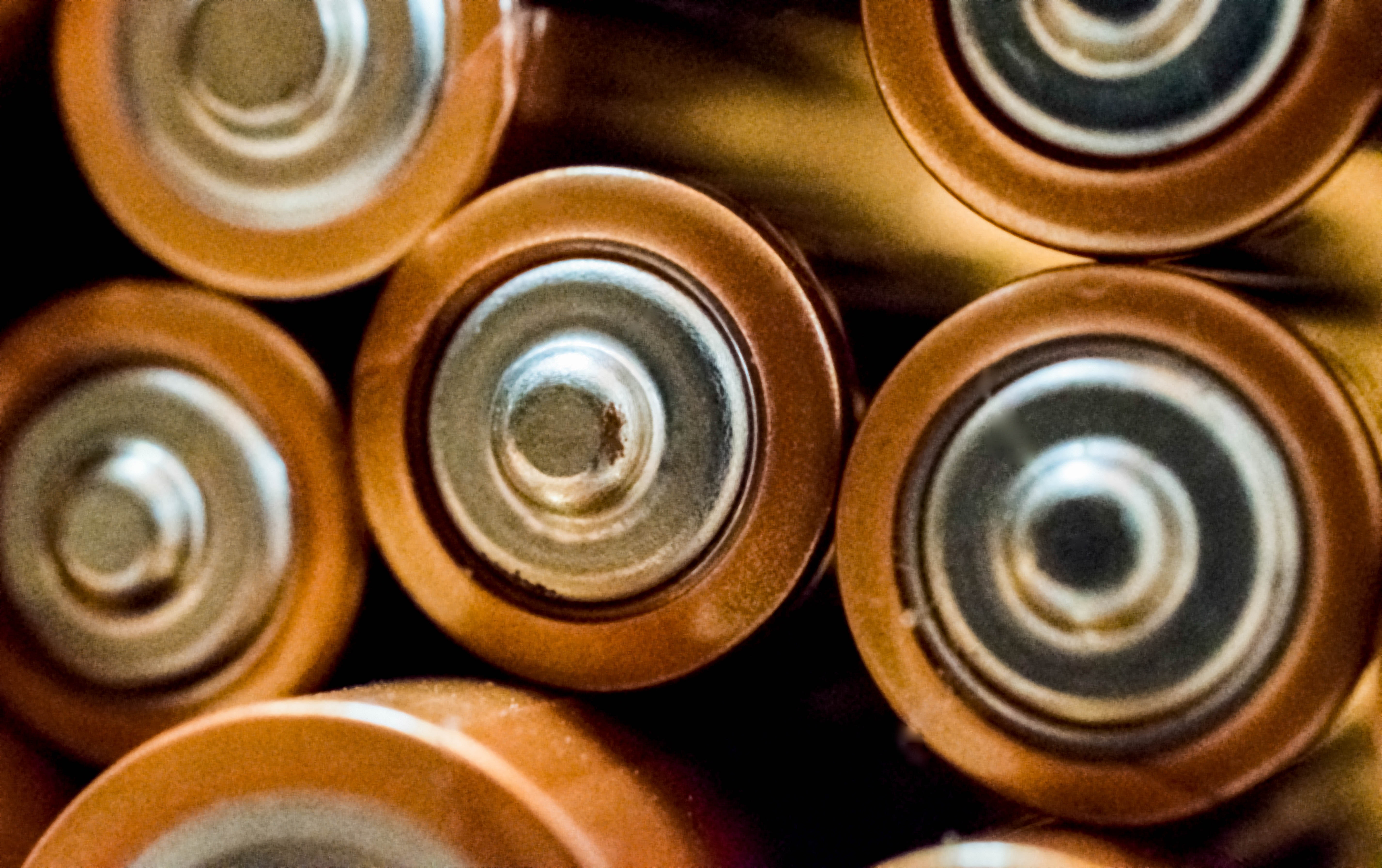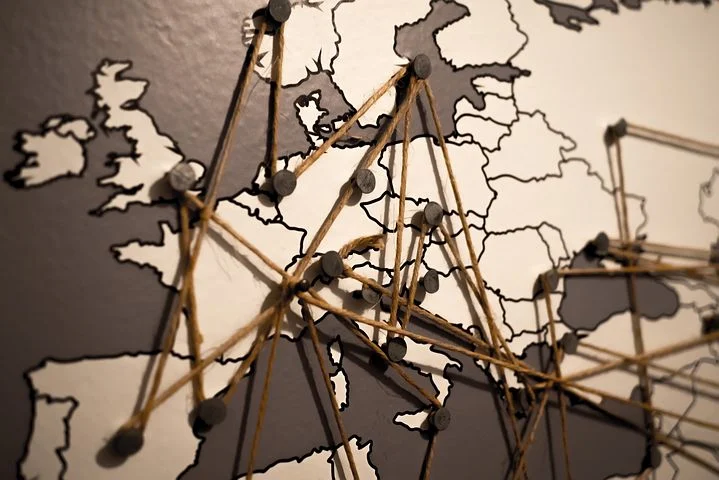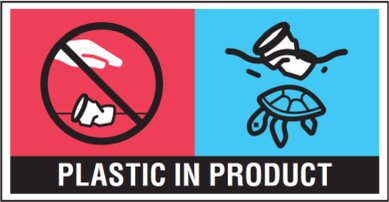What can we expect from the new EU battery regulations?
by Aaron Sarah at 15:00 in Battery, Circular Economy, Emerging under Environmental
The European Union's current battery legislation was introduced in 2006 with Directive 2006/66/EC. With the current directive being subject to differing interpretations and with battery technology having changed substantially since 2006, the EU is now working on implementing new regulations. First presented in 2020, the new battery regulations showcased ...

EPR in Europe - where is it going?
by Annis Mapleston at 13:15 in Circular Economy, Emerging, Environmental, Battery, Packaging, WEEE under Environmental

This blog is part of a wider series from Lorax EPI, taking a deep dive into the current and future landscapes for packaging extended producer responsibility (EPR) regulations on a global scale.This blog focuses on Europe - where the concept of EPR first really took hold in the 1990s. The majority of European countries (whether or not members of the EU)...
Are you prepared for new EU single-use plastic labelling requirements?
by Rachel Langhill at 17:08 in Circular Economy, Emerging, Environmental, Packaging under Environmental
The EU Single-Use Plastics Directive, which was passed by the EU Commission in May 2019, enacts bans on certain single-use products, recycled content targets for some plastics and measures to reduce plastic food and beverage containers. It also requires Member States to ensure that national laws mandate new labels for sanitary towels, wet wipes, tobacco f...

What does the Non-Financial Reporting Directive mean for companies?
by James Gibbs at 11:43 in Battery, Circular Economy, Environmental, Packaging, WEEE, Content under Environmental
Directives, EPR and Environmental Reporting:What are EU directives?A European Union Directive is distinct from a regulation. A regulation is a binding legislative act which must be applied in its entirety across the EU. A Directive on the other hand is a legislative act that sets out a goal for all EU countries to meet through implementing their own nati...


